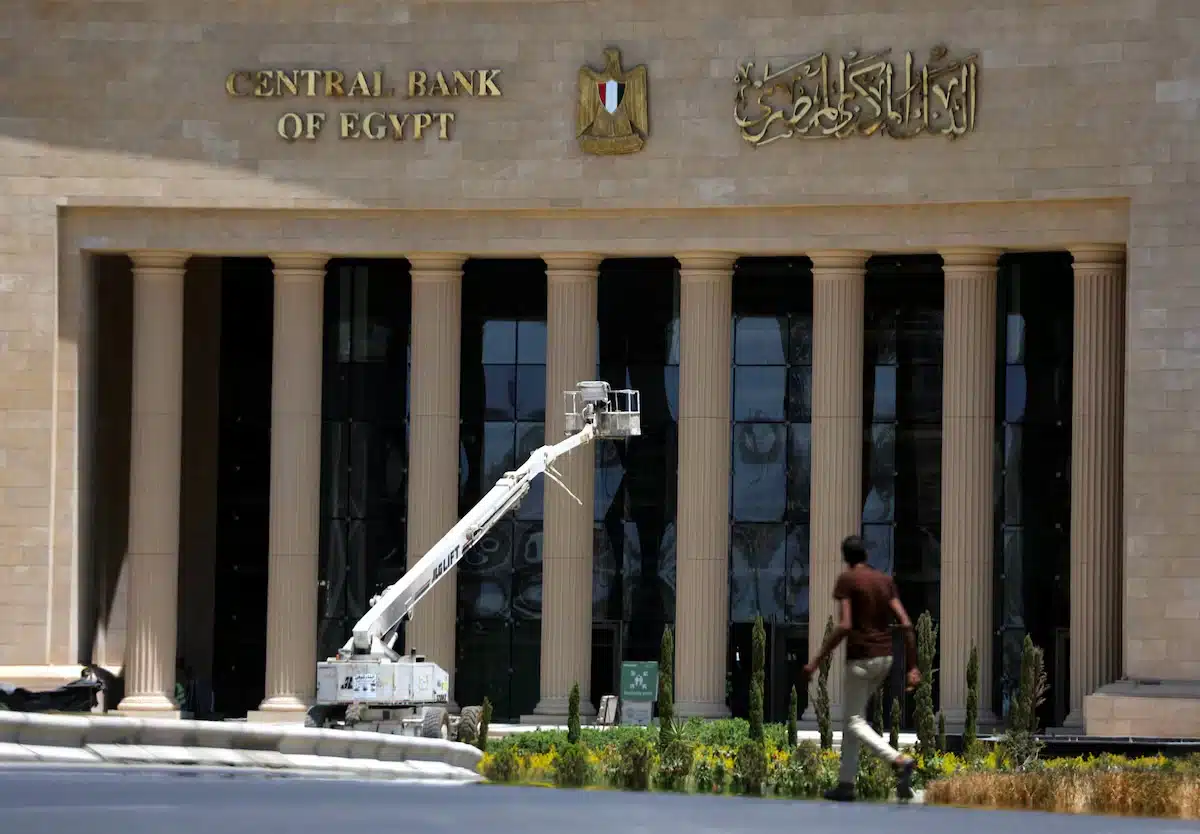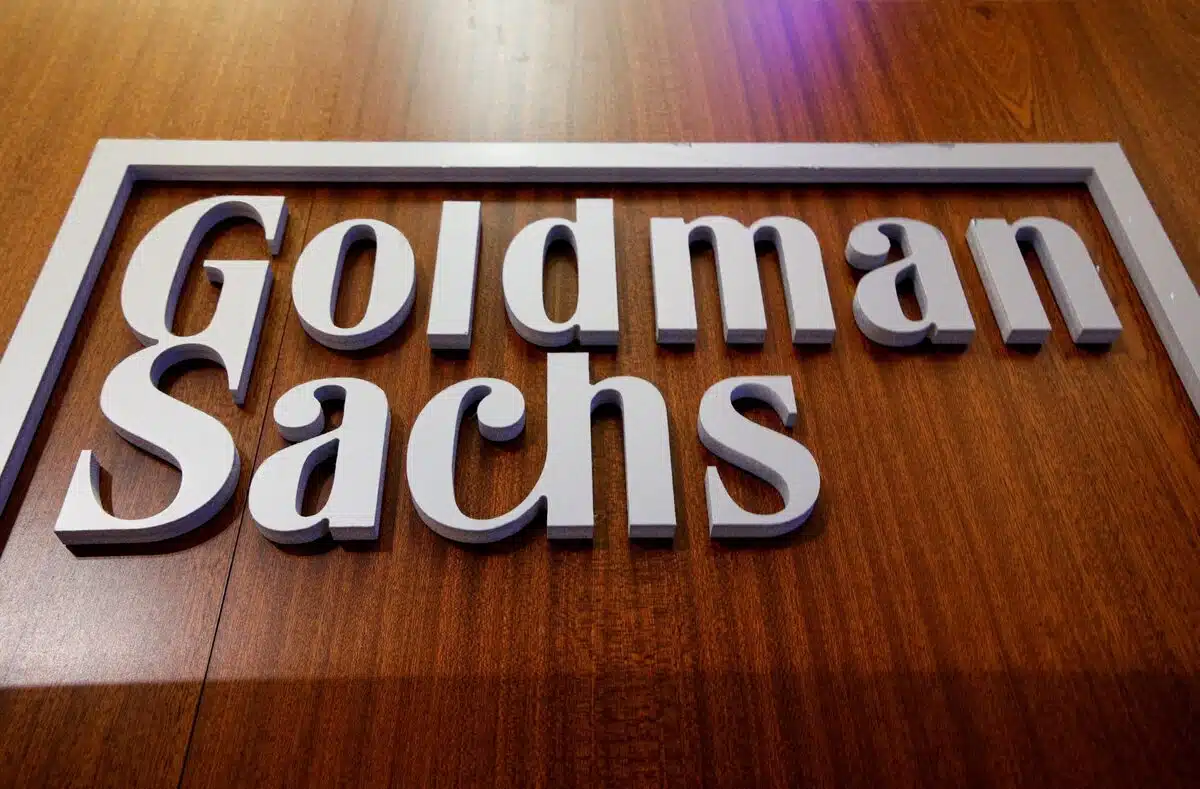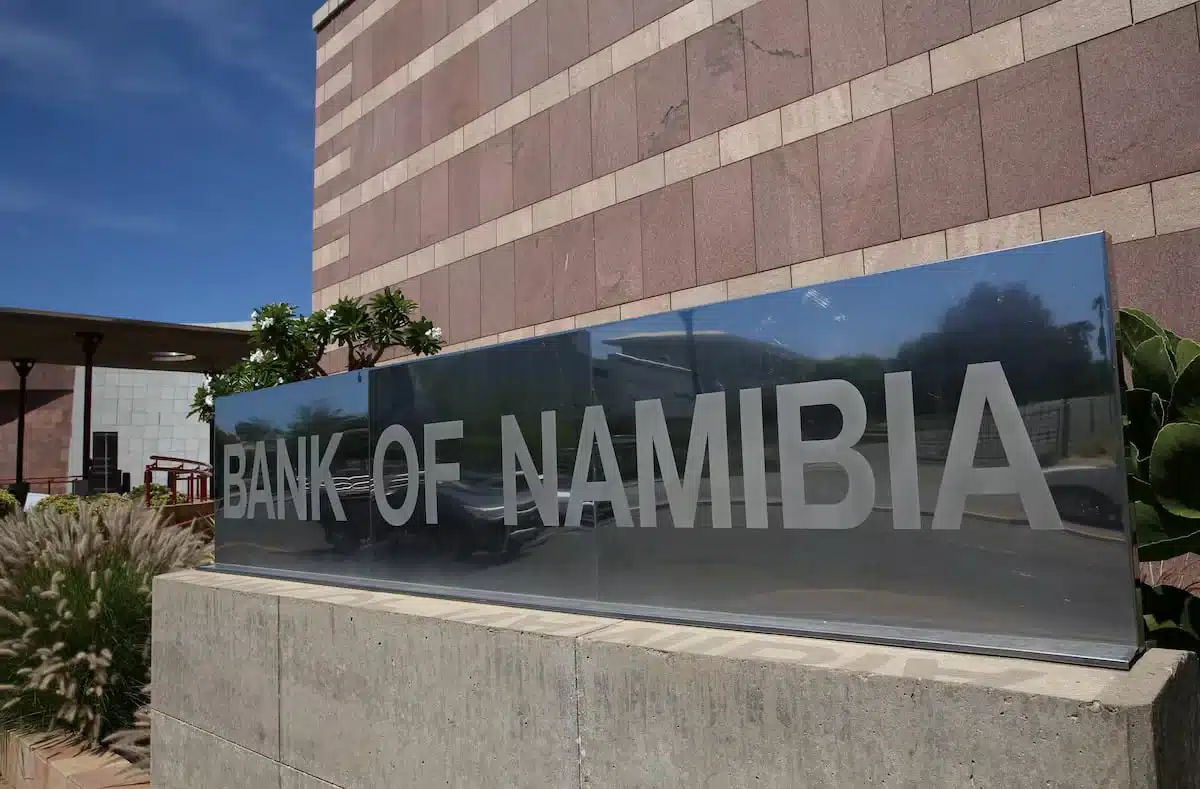The Central Bank of Egypt (CBE) resumed monetary easing, slashing its overnight benchmark rate by 200 basis points to 22%—a 18-month low—as cooling inflation prompted a cut twice as steep as analysts expected.
The country’s lending rate was also lowered to 23%, while both the main operation and discount rates fell to 22.5%. The move, announced last week, marks the central bank’s third cut this year and mirrors a similar step by the Central Bank of Kenya.
Last month, Kenya’s regulator trimmed its policy rate by 25 basis points to 9.5%—its seventh consecutive cut—citing contained price pressures despite a modest uptick in July. Inflation rose to 4.1% in July, a three-month high, but remained well within the 2.5%–7.5% target band, justifying the easing.
Analysts also expect Nigeria’s central bank to begin cutting interest rates in the final four months of 2025, after holding the Monetary Policy Rate at 27.25% since the start of the year.
In Egypt, headline consumer prices slowed to 13.9% in July from 14.9% a month earlier, extending a retreat from a peak of 38% in September 2023, according to the Central Agency for Public Mobilisation and Statistics. The CBE expects inflationary pressures to cool further in the month ahead.
“This decision reflects the Committee’s updated assessment of inflation dynamics and the outlook since the previous Monetary Policy Committee meeting on July 10,” the central bank said in its statement.
The Monetary Policy Committee added that it had also taken into account the economy’s improving growth momentum.
Egypt’s economy expanded by a preliminary 5.4% in the second quarter of 2025, up from 4.8% in the first, lifted by stronger tourism and manufacturing.
The bank had cut rates by 225 basis points in April and 100 basis points in May, following a year-long pause after a sharp 600 basis point increase in March 2024.
That tightening was coupled with a near 50% devaluation of the pound to ease a severe foreign-currency crunch. Policymakers paused cuts in July 2025 as inflation briefly picked up.
“Regional support, especially from the Gulf countries through joint ventures, sovereign wealth fund investments, and multi-billion-dollar strategic partnerships, have helped the economy recover and improve growth prospects,” said Nasser Saidi, an Egypt-based Economist.
The government has pledged to attract further Gulf investment to sustain disinflation after securing an expanded $8 billion loan from the International Monetary Fund to stabilise its battered finances.











